Now is the winter of their discontent: Southern athletics clubs vote with their feet
Sports Gazette journalist James Davis examines the rift dividing athletics in the south of England after visiting the breakaway Aldershot Road Relays.
Whilst British summers and winters often merge into one another, and autumn seems to endure barely a week as shades and shorts are swapped for sweaters and scarves, the same cannot be said for the seasons of domestic athletics.
Sun-kissed track racing is demarcated from frosted cross country by road relays, a glorious coming together of the best minds (and legs) athletics clubs have to offer.
At this year’s road relays, however, the demarcation was of an altogether different sort, as clubs in the south of England faced the prospect of having two races to choose from on the very same day.
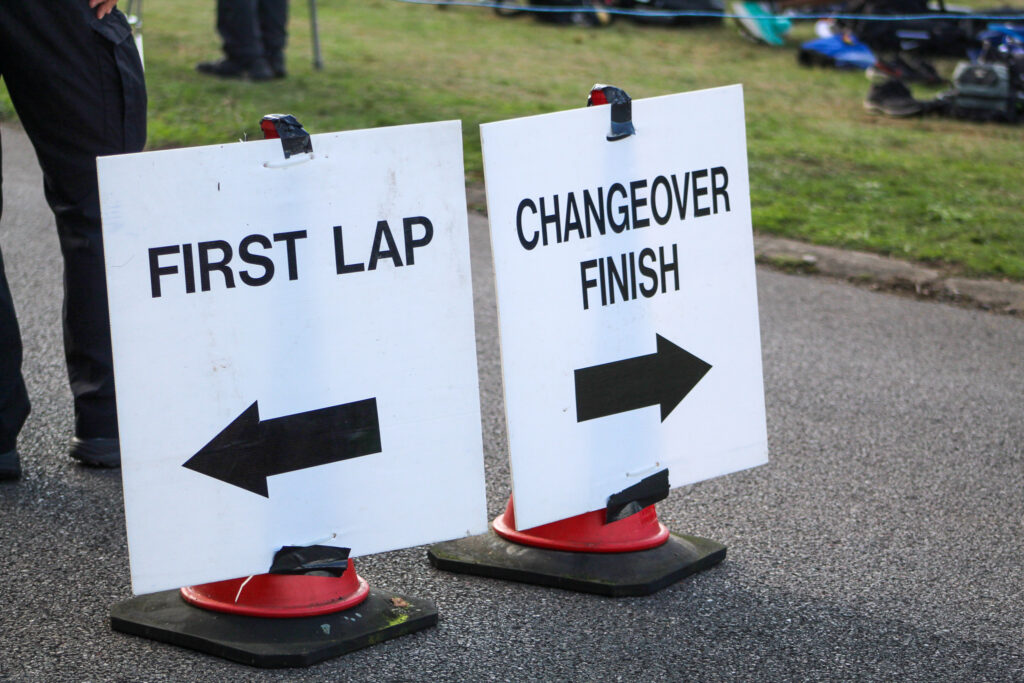
At Aldershot, Farnham and District AC (the mere ‘club’ behind Ellis Cross’ victory over Mo Farah as a ‘club runner’ at the London Vitality 10,000), anticipation was high for the 2022 Southern 6/4/3 Stage Road Relay Championships, to give the event its full name.
The reigning national champions waited for details — a date, location, or any other appetiser that might act as a preface to the veritable feast of an event prospectus.
With time dragging on, in the absence of any announcement, and with the baying Hampshire stable of thoroughbreds (20 percent of the top 10 British 10K runners this year) anxious for competition to sink their teeth into, the 2022 Aldershot Road Relays were formed.
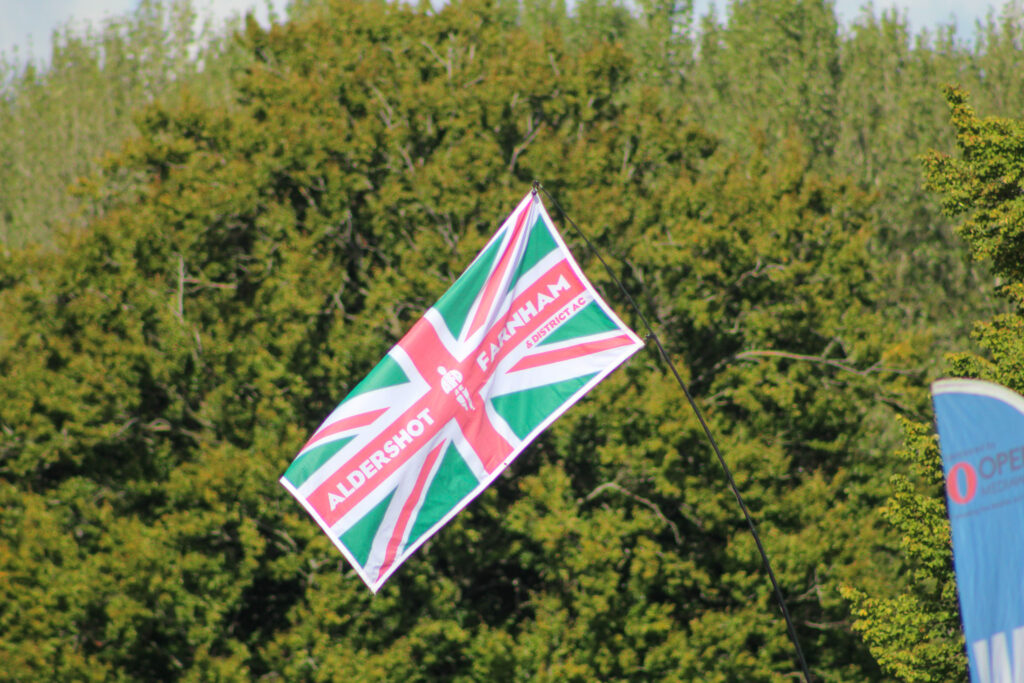
An offer to host the Southern Championships within the Aldershot event (as occurred as recently as 2015) was not taken up, resulting in the promotion of two contemporaneous events: the Aldershot Road Relays, and the Southern Championships, due to be held at Crystal Palace.
There were echoes of the disorganisation experienced a year prior. The 2021 Southern relays were also scheduled for Crystal Palace, but suffered a cancellation by the SEAA (South of England Athletics Association) just 10 days out from the event.
A team featuring Aldershot men’s manager Mike Boucher, and BEM recipient and Milton Keynes stalwart Mick Bromilow, among others, assembled a replacement event in under 48 hours, and the seeds of discontent, already sown previously, began to germinate.
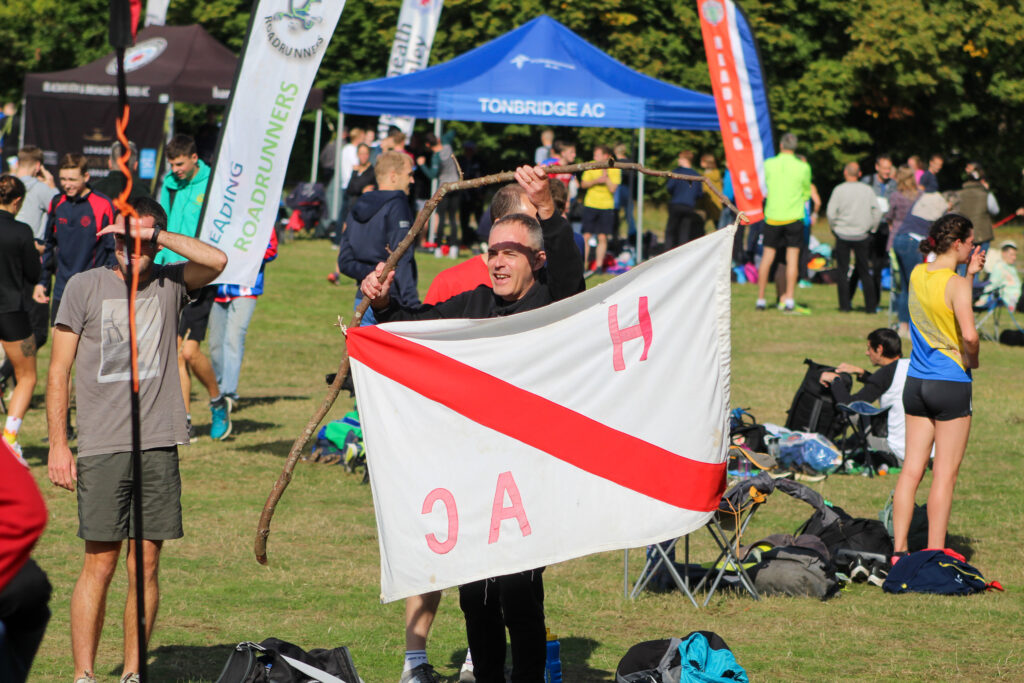
Fast forward to 2022, and sprouting green shoots revealed themselves in the form of entry lists.
What had been unofficially known for some time was confirmed with a resounding split; 41 of the 50 teams that occupied the men’s and women’s top 25 at the Southern Championships two years prior were heading to Aldershot.
https://twitter.com/J_AHDavis/status/1573278389938667520
Come race day, a palpable sense of rebellion tinged the air at Rushmoor Arena. Focus was firmly on the competition at hand, bar a few wry smiles at reports of small field sizes in South London.
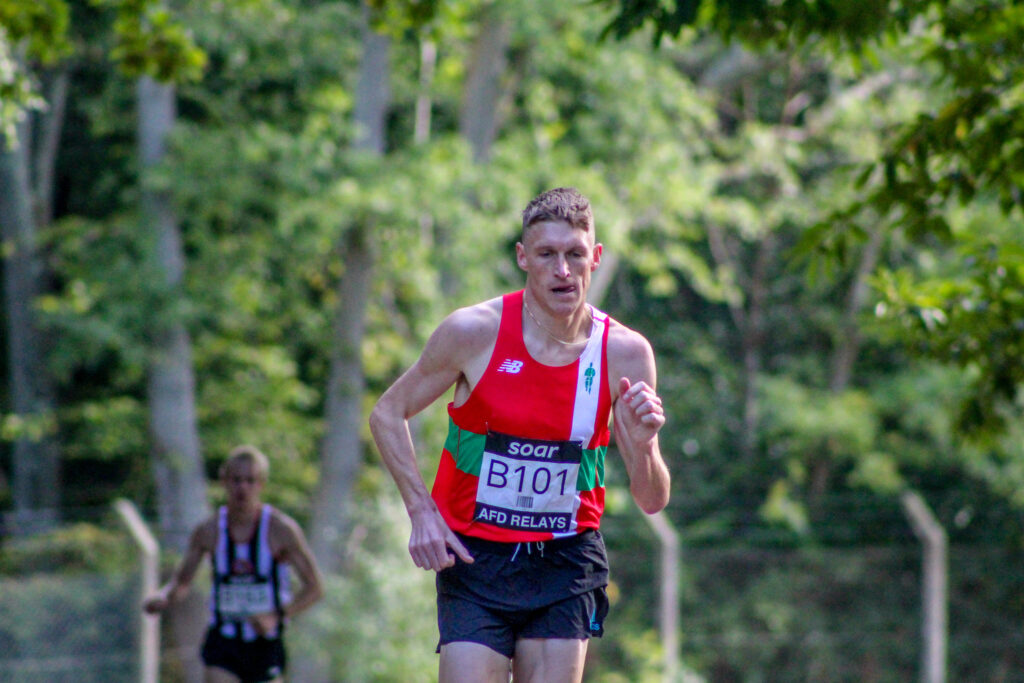
With just one change to their Nationals-winning side of 2021, Aldershot’s men romped to a 56 second victory on home turf, only ceding the lead once after the first leg to close rivals Tonbridge.
More dominant, though, were Aldershot’s women. All four runners placed in the top 15 fastest legs on the day, leading Bracknell home by over 4 minutes.
The second-placed team were helped by Amelia Quirk’s outstanding run (19:24 for 6K), by far the fastest performance on the day.
Crystal Palace welcomed a field which could only be described as paltry.
14 women’s and 13 men’s teams reached the finish line (compared to 44 and 66 respectively in Aldershot), and while strong Cambridge Harriers and Belgrave sides added some credence to the women’s competition, a lacklustre men’s field lacked quality, if not competitiveness.

If alarm bells were not ringing before for those in charge at SEAA, they surely are now.
Slim entry numbers will have all but ensured a loss-making event, whilst the introduction of £3,550 in prize money ‘thanks to the generosity of a benefactor’ leaves in its wake more questions than it does answers.
An open letter issued in advance of the relays called for transparency, timely communication, and open dialogue, as leading Southern team managers cited previous organisational failures as reasons for their frustration.
Those dissatisfied will not have been comforted by the further results issues experienced; two legs’ worth of results were missing for the men for 48 hours after the race concluded.
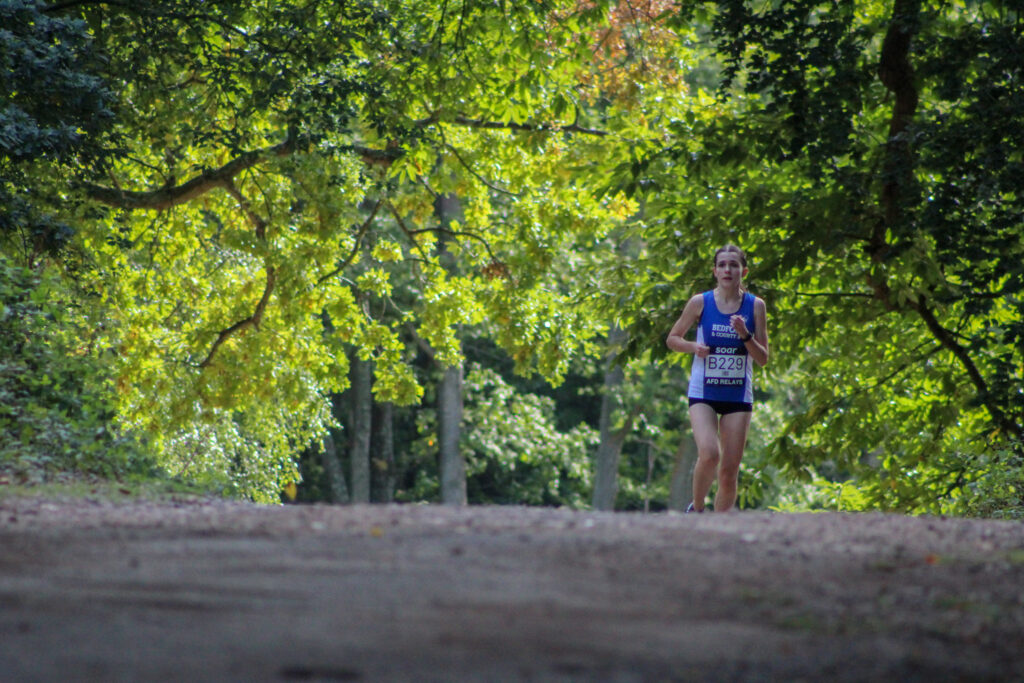
An SEAA response to the open letter published by Athletics Weekly asserted that the “SEAA’s purpose is to provide championships for Southern athletes in line with the requirements of the national bodies on the nationally prescribed dates”, and that they will continue to do so.
Whilst the veracity of such a statement is not in question, its narrow focus certainly is.
There is no doubt that a governing body should facilitate meaningful competition for those under its auspices.
It is perhaps the next step, athletes’ development, where the disconnect exists between those in governance and the many coaches and team managers demanding change.
Athletics is a sport burdened, as much as it is buoyed, by its past. The graveyard of institutions that failed to move with the times is not yet full, and many a southerner fancies themselves a stonemason, itching to break out the hammer and chisel.
It remains to be seen who will down tools first.
Read more: Ganna puts Hour Record out of reach